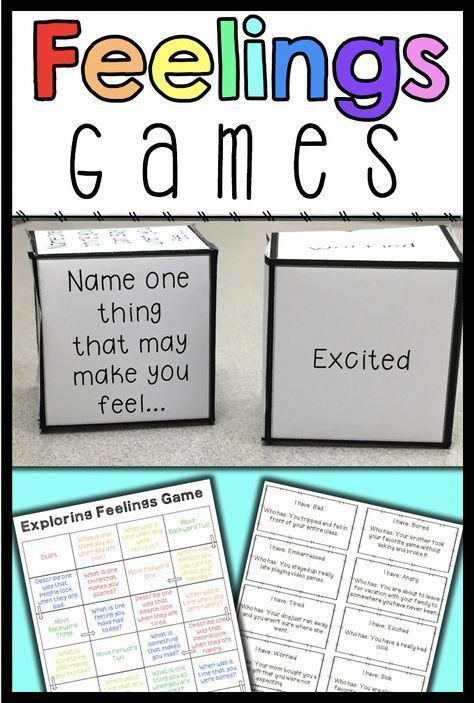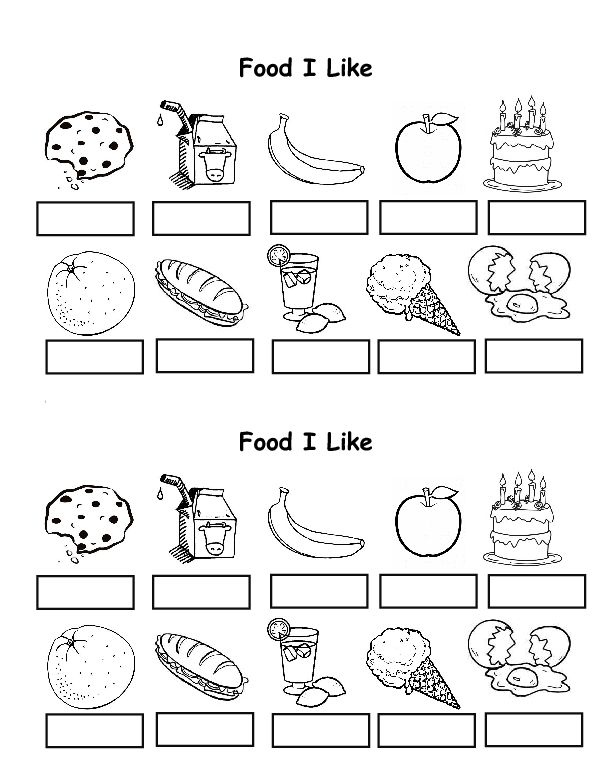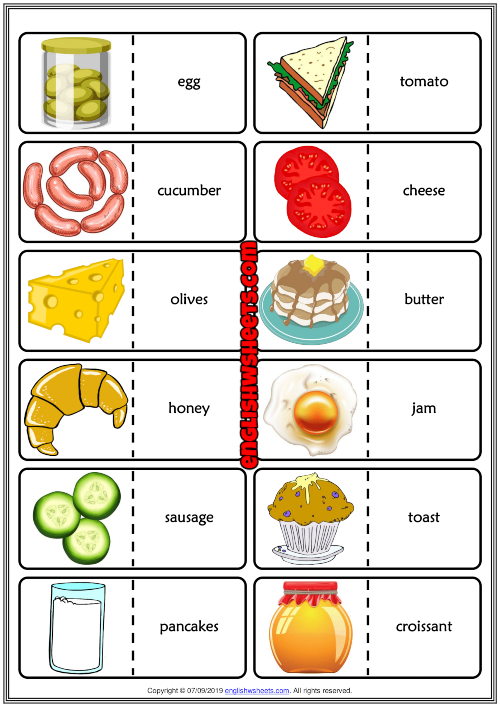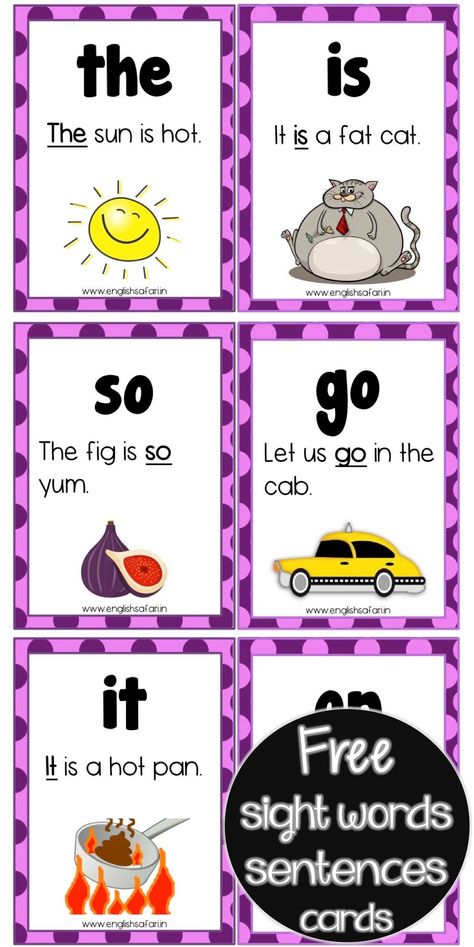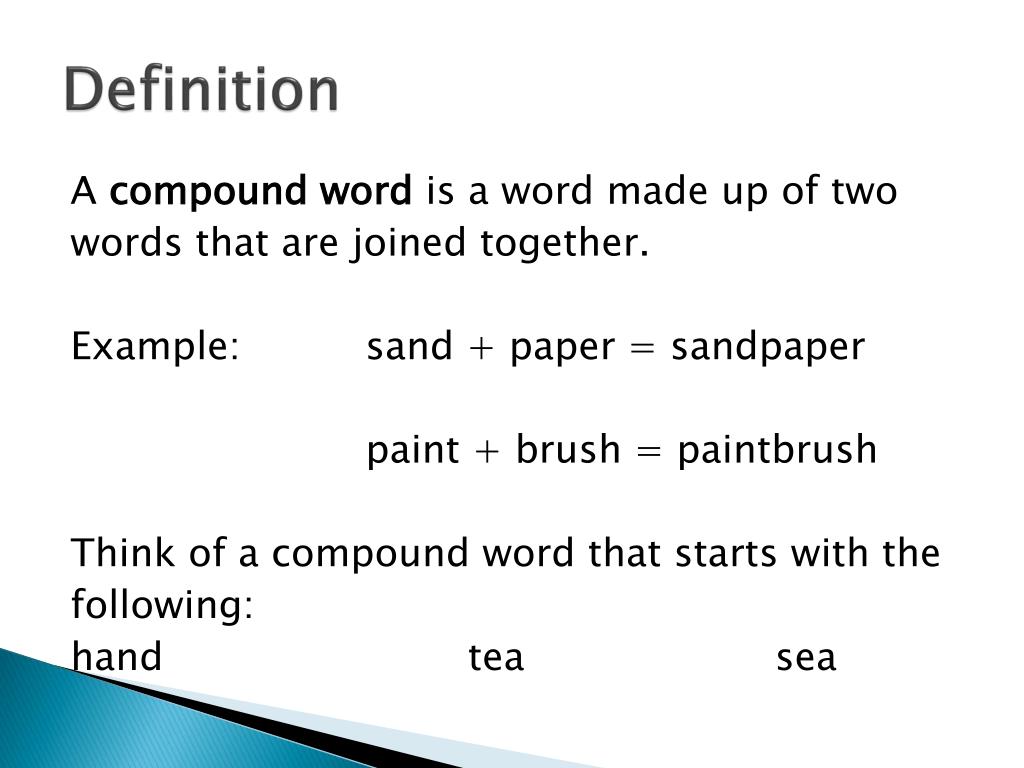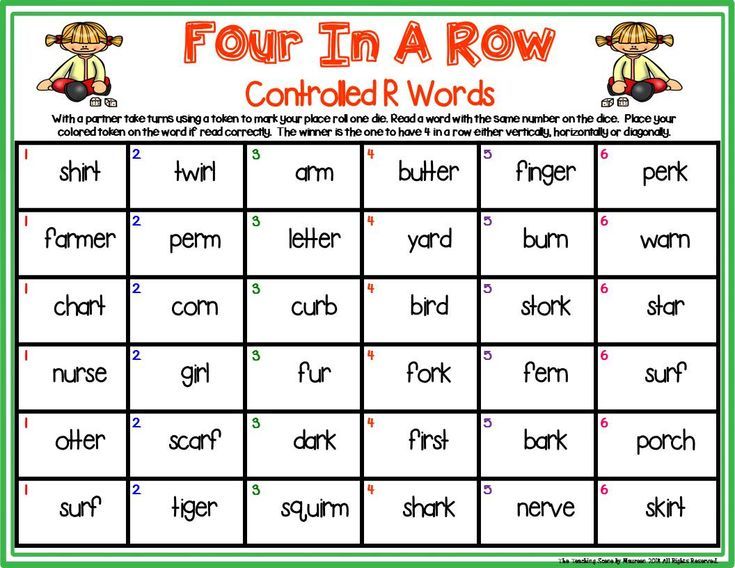Meaning compound words
Compound Words: Everything You Need to Know
The words pancake, living room, and merry-go-round have something in common.
They are all examples of compound words.
The noun compound means something made up of two or more separate components. Compound can also be an adjective meaning consisting of two or more parts or components.
A compound word is one word, or one unit of meaning, that is created by joining two or more separate words together.
What Are Compound Words?
A compound word is a word made up of usually two but sometimes more words that are joined together. The two (or more) that make the compound word are independent words; they have their own distinct meanings. When those words are joined and form a compound word, that compound word has its own new meaning.
The Three Types of Compound Words
Compound words can take three possible forms: closed, open, or hyphenated. In closed form, there is no space between the joined words. In open form, there is a space between the “joined” words that still act as one unit, and in hyphenated form—you guessed it! There is a hyphen between the joined words.
These general “rules”—which are somewhat fluid and flexible—provide guidance as to what format a compound word takes.
Closed compound words are usually nouns: They put on makeup.
Open compound words are usually nouns or verbs: I have to make up (verb) that exam at my high school. (noun)
Hyphenated compound words are usually adjectives or adverb-adjective combinations: I have to take a make-up (adjective) exam. I will be well-prepared. (adverb + adjective)
The key word in each of those examples is “usually.” Some compound words break the rules.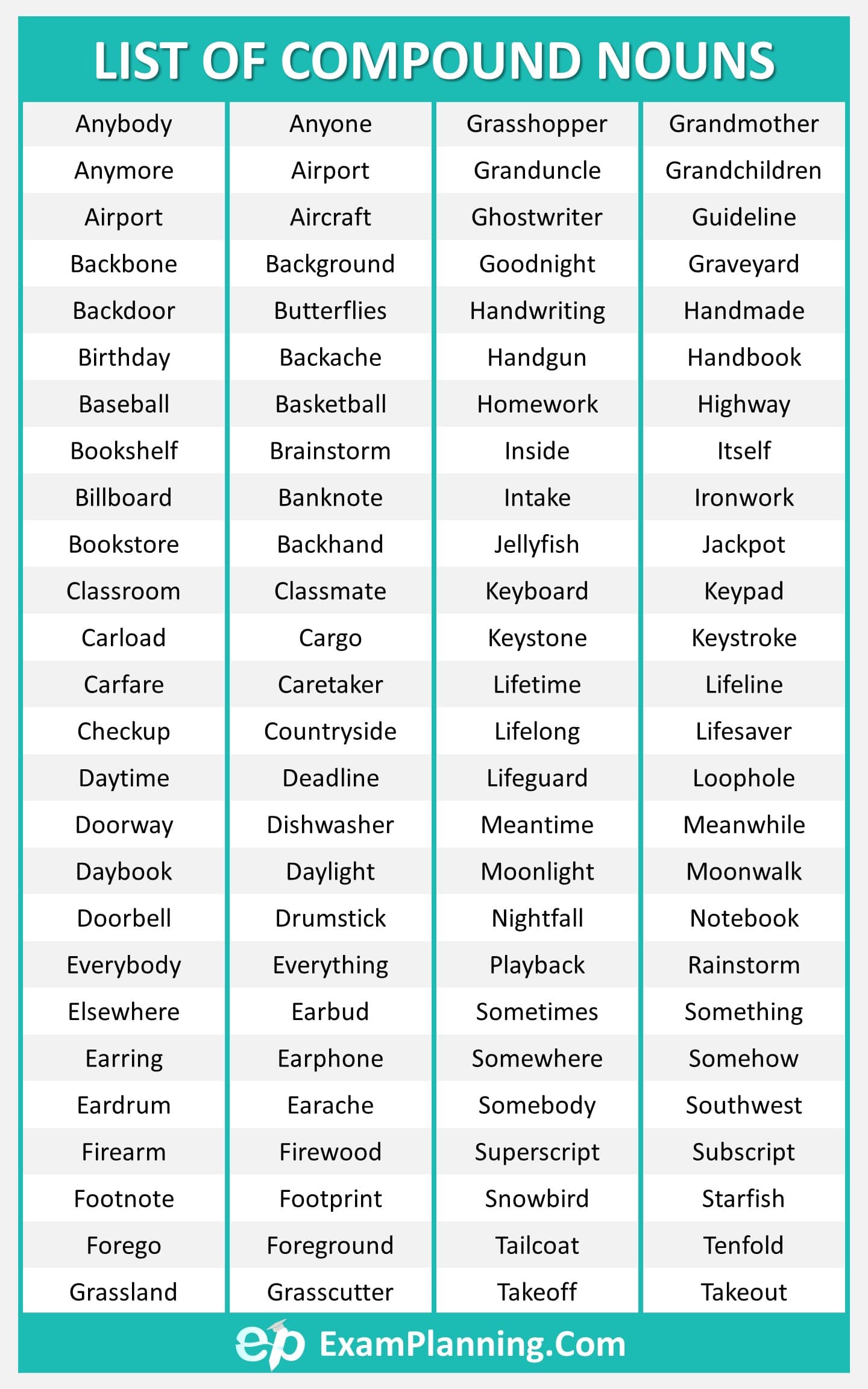 We'll see how soon.
We'll see how soon.
1. Closed Compound Words
To review: closed compound words are usually made up of two separate words that are put together to form a new word. There is no space between the two words in a closed-form compound word; the compound appears as one single word.
Examples of Closed Compound Words
Cup + cake becomes cupcake
Basket + ball becomes basketball
Key + board becomes keyboard
Extra + ordinary becomes extraordinary
Birth + day becomes birthday
You can see through these examples that the meaning of the compound word is not just a merger of the independent definitions of the individual words that join together to make that compound.
However, there is a relationship between the individual word meanings and the compounds. Compound words have been integrated into language as speakers have discovered those relationships.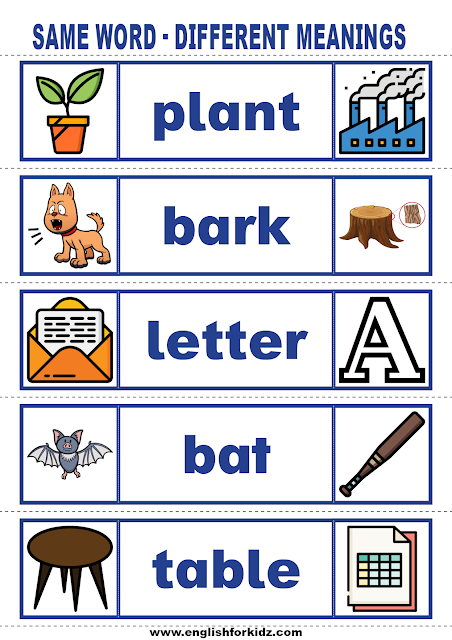 It makes perfect sense to call a cake that could fit into a cup a cupcake and to call a ball thrown through a basket (now a hoop) a basketball.
It makes perfect sense to call a cake that could fit into a cup a cupcake and to call a ball thrown through a basket (now a hoop) a basketball.
The rules for compound words, listed earlier in the post, include the word usually. That word means the rules are not hard and fast, and there are examples of compound words that break those rules.
For example, compound words that are verbs are usually open form, but here are rule-breaking closed-form compound verbs that remind us to hold those rules loosely:
I need to proofread my essay.
I think the clerk shortchanged me.
I have to babysit my little sister.
2. Open Compound Words
In an open compound word, there is a space between the two independent words, though they are still treated as one unit with a new “compound meaning.”
Examples of Open Compound Words
Living room: as a unit, this compound noun refers to a room in a house.
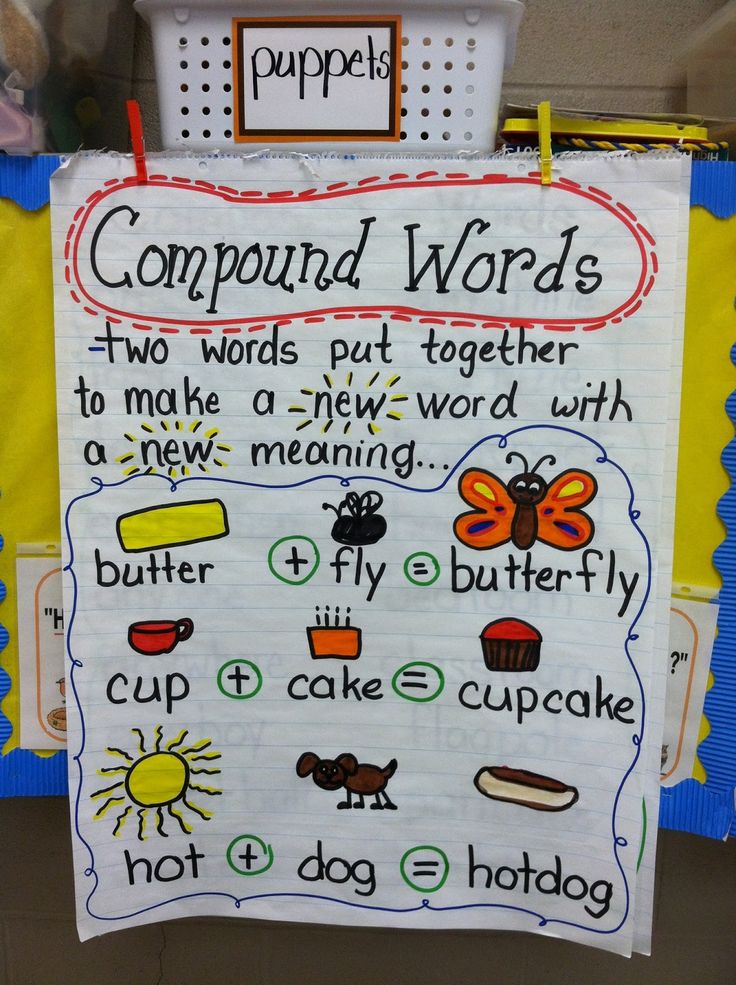
High school: as a unit, this compound noun refers to a school that has students in grades 9-12.
Post office: as a unit, this compound refers to a building where mail is collected, sorted, and sent.
Give up: as a unit, this compound verb means to stop trying.
Ask for: as a unit, this compound verb means to request something.
3. Hyphenated Compound Words
Hyphenated compound words have hyphens between each of the independent words that serve as connectors. The hyphens are a visual cue that the words form one unit.
Some compound words are always hyphenated.
Did you notice that all of those examples are nouns? Remember: the rules are flexible!
Examples of Hyphenated Compound Adjectives:
When compound words are used as adjectives (officially known as compound adjectives), the hyphenation rules change depending on where the compound adjective comes in the sentences.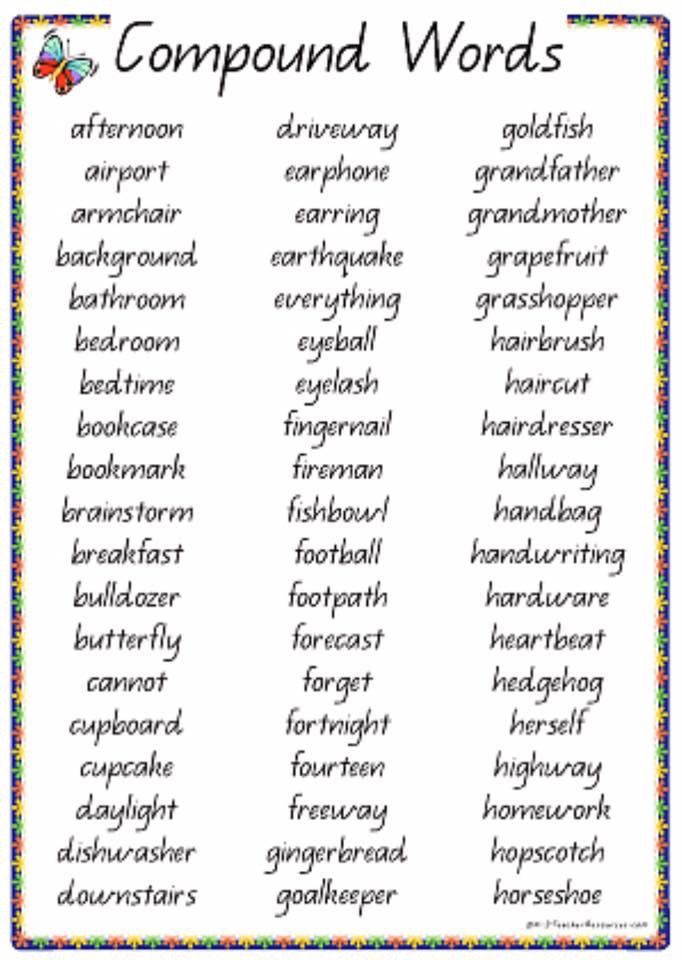
If the compound adjective comes before the noun it modifies (describes), you should usually add a hyphen:
Of course, there are exceptions. Remember, those “rules” are flexible. Some compound adjectives that precede the nouns they modify never take a hyphen. For example, ice cream and high school:
- High school students
- Ice cream sundae
There’s really no “why” to explain these exceptions; we’ve just adopted these forms and made them part of our language.
Examples of Open-Form Compound Adjectives
If the compound adjective comes after the noun it modifies, the hyphen is usually omitted.
Make sure the files are up to date. “Up to date” modifies, but comes after, the noun “files.”
The cat is two years old. “Two years old” modifies, but comes after, the noun “cat.”
Though post-noun modifiers don’t technically take hyphens, according to Merriam-Webster, usage trends indicate the hyphens are often included anyway, if the compounds “continue to function as unit modifiers.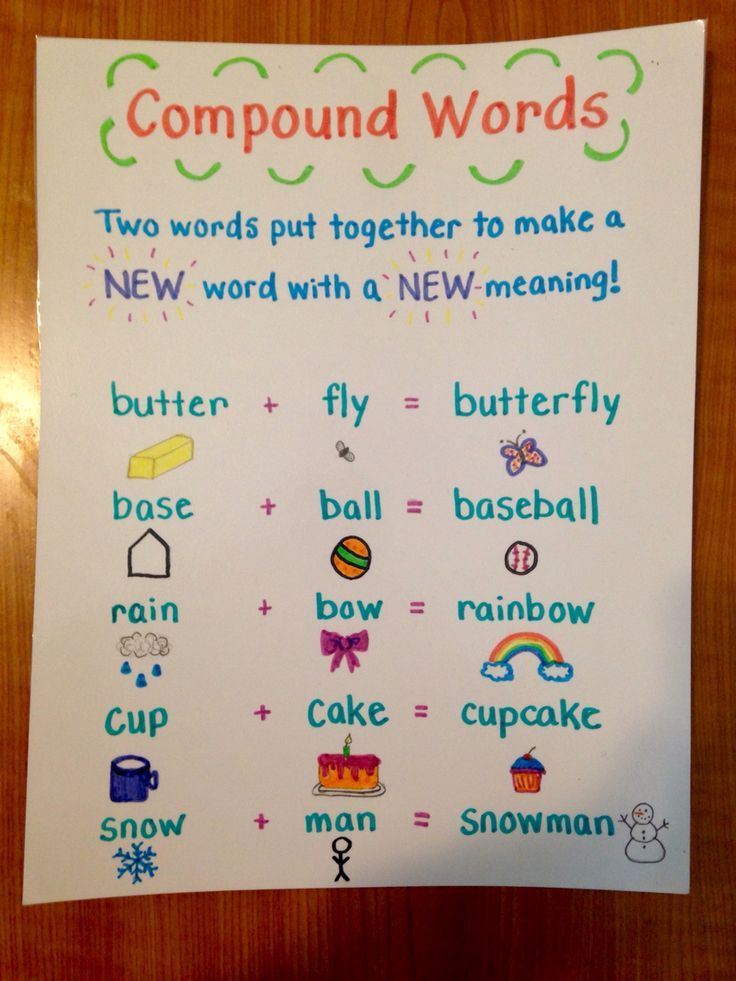 ” So there’s that flexibility again.
” So there’s that flexibility again.
A grammar guru, style editor, and writing mentor in one package.
Try it for free!What About Adverb Compounds?
It’s easy to find examples of closed, open, and hyphenated adverbs.
As for the closed-form examples, we probably don’t even register them as compound words much of the time.
Sometimes
Thereafter
Somewhere
Open-form adverbs occur when the adverb is the first word in the compound and ends in -ly. You should not hyphenate after an -ly adverb.
We made the discovery early on.
Her opinion is highly regarded.
They entered the dimly lit room.
What to Do If You’re Not Sure Which Form Is Right
While those flexible rules can help you, there may still be times when you feel confused about which compound form to use. Don’t stress too much.
Don’t stress too much.
According to Merriam Webster, the rules are more like patterns. You may see differences in different publications depending on editorial choice and style. For example, I looked on Amazon for a teapot. I saw mostly teapots, but also a few tea pots. Out of curiosity I put “tea pot” into a New York Times search bar, and found articles from the 1800s that included “tea-pot” in the title!
While interesting, those stylistic changes and choices shouldn’t be too surprising. Language is fluid and ever-evolving. Compound words themselves are proof of that evolution.
Keep Clarity the Focus
The purpose of hyphens in compound words is to ensure clarity. For example,
In the first example, I know by the hyphen that the medicine "I" bought did not require a prescription. "Over-the-counter" is one unit—one compound—describing a type of medicine.
In the second example, "over the counter" is serving another purpose and, while the words form a phrase to tell me where "he" passed the medicine, hyphens do nothing to make the purpose of the phrase clear and are therefore unnecessary.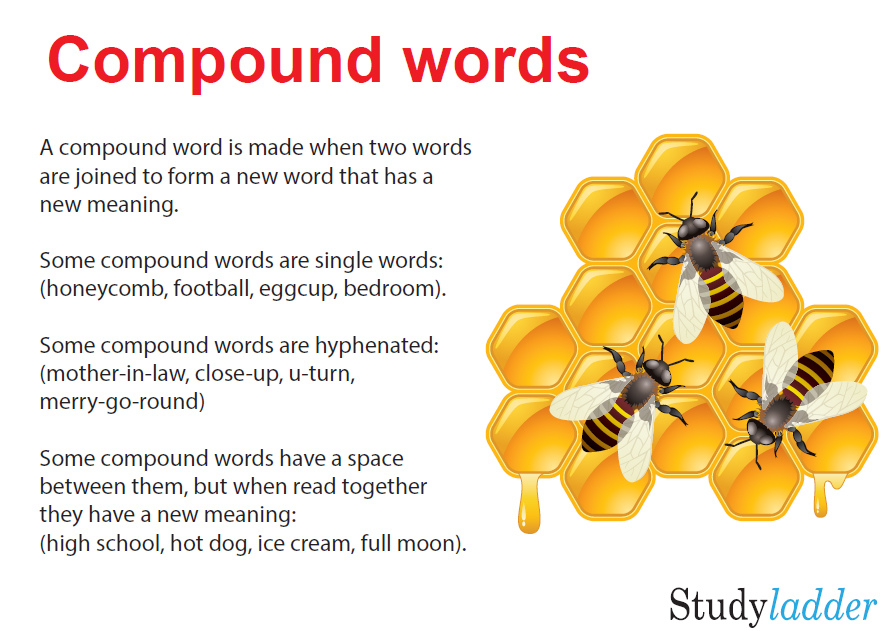
Now look at these examples:
- He owned a little-used car.
- He owned a little used car.
In the first example, I know the man owns a car that has not been driven much. The car is described by the compound modifier "little-used."
In the second example, it seems that the man owns a used car that is also small, or little. In this example, putting a comma after "little" would help to separate the two words, "little" and "used," and show that they aren't intended to work as a compound.
ProWritingAid Can Help
Though you’re a compound-word expert now, if you find yourself with lingering doubts, remember that ProWritingAid is here to help. It will let you know if you’ve added an unnecessary hyphen after an -ly adverb, or if you’ve left one out of a pre-noun compound adjective. You don’t have to write alone!
Take your writing to the next level:
20 Editing Tips from Professional Writers
Whether you are writing a novel, essay, article, or email, good writing is an essential part of communicating your ideas.
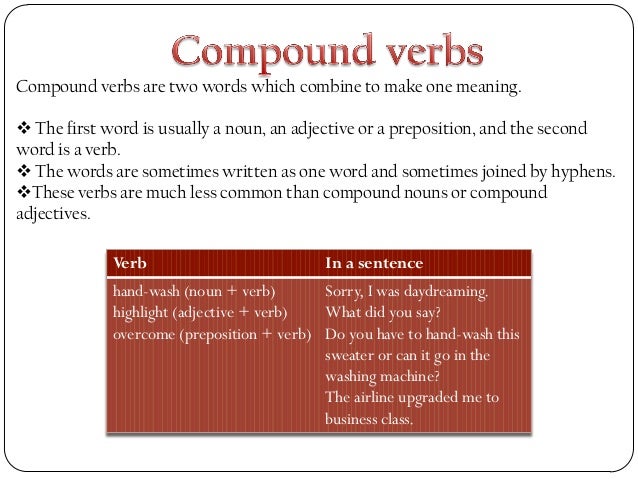
This guide contains the 20 most important writing tips and techniques from a wide range of professional writers.
Compounds - English Grammar Today
Grammar > Words, sentences and clauses > Word formation > Compounds
A compound word is two or more words linked together to produce a word with a new meaning:
tooth + brush = toothbrush eco + friendly = eco-friendly animal + lover = animal lover
We make compounds in all word classes:
nouns: car park, soap opera | pronouns: anyone, everything, nobody |
adjectives: environmentally-friendly, fat-free | numerals: twenty-seven, three-quarters |
verbs: daydream, dry-clean | prepositions: into, onto |
adverbs: nevertheless, nowadays | conjunctions: although, however |
See also:
Hyphens
We usually make compound nouns with a noun + noun, with a verb (or a word made from a verb) + noun, or with an adjective + noun:
noun + noun: earphones | verb -ing form + noun: parking ticket |
verb base form + noun: rescue team | adjective + noun: blackboard |
The usual spoken stress pattern is with stress on the first item (earphones, blackboard).
In a compound noun, we can combine different elements. These include:
subject + verb: earache (an ear that aches), rainfall (rain that falls)
verb + subject: cleaning products (products that clean)
verb + object: know-all (person who thinks they know everything)
object + verb: shoe-polish (polishes shoes), dishwasher (washes dishes)
See also:
Hyphens
Noun phrases: order
Compound adjectives most commonly end in an adjective (e.g. homesick), or in an -ing or -ed adjective form (e.g. ground-breaking, short-sighted).
Compound verbs are far less common than compound nouns or adjectives. They can be made by making a verb from another word class, normally from an already existing compound noun (e.g. a daydream – to daydream).
Sometimes compound words are written separately (nail polish), sometimes with a hyphen (short-sighted) and sometimes as one word (eyelashes).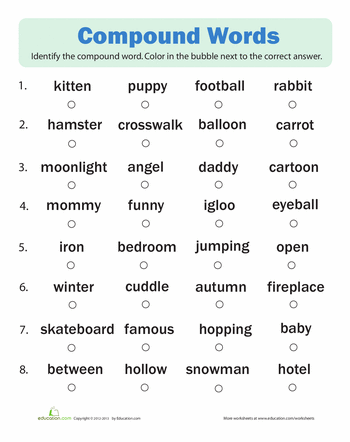 Often new compounds are written as two separate words and, as they become more familiar, they are either connected with a hyphen (-) or made into one word.
Often new compounds are written as two separate words and, as they become more familiar, they are either connected with a hyphen (-) or made into one word.
There are some general rules and guidelines for when to use hyphens:
The band has decided to re-form. (form again)
The Government promise to reform the health system. (improve)
A twenty-two-year-old cyclist won the race.
From here to Tokyo, that’s a twelve-hour flight at least.
If you’re not sure about whether to use a hyphen, a good dictionary will tell you.
See also:
Hyphens
Punctuation
A compound sentence has two or more main clauses linked by coordinating conjunctions, such as and, but:
[main clause 1]She did a nursing degree [main clause 2]and she did really well, [main clause 3]but she’s decided to study medicine now.
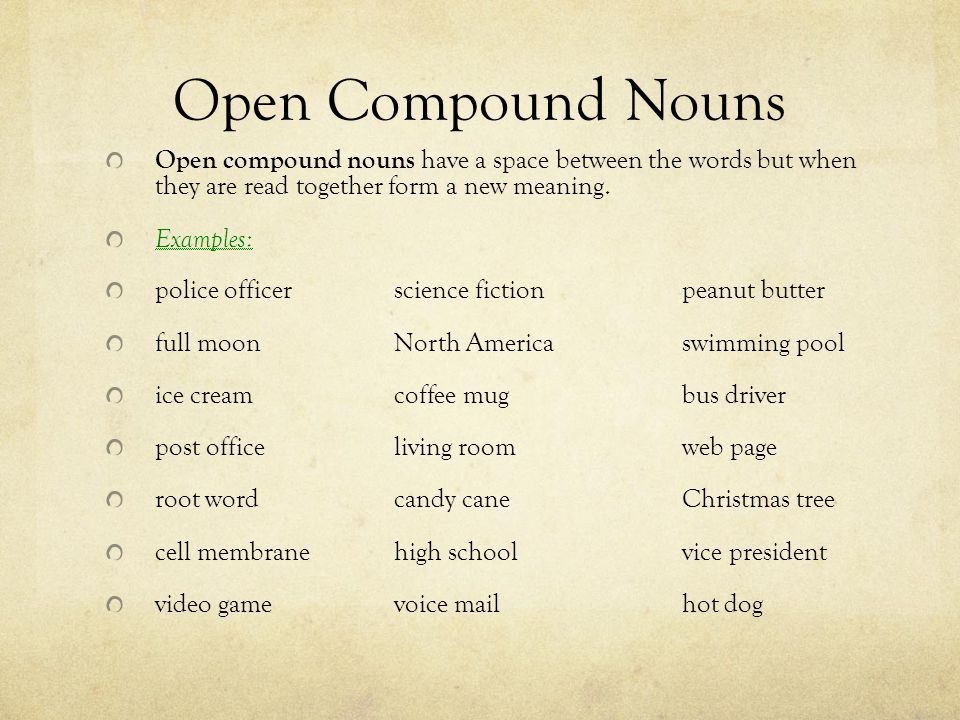
See also:
Clauses: coordinated
- 01 Present perfect simple or present perfect continuous?
- 02 Would rather, would sooner
- 03 To
- 04 Suggest
- 05 As, when or while?
- 06 Hate, like, love and prefer
- 07 Past continuous or past simple?
- 08 As, because or since?
- 09 Look forward to
- 10 Present perfect continuous (I have been working)
Test your vocabulary with our fun image quizzes
- {{randomImageQuizHook.
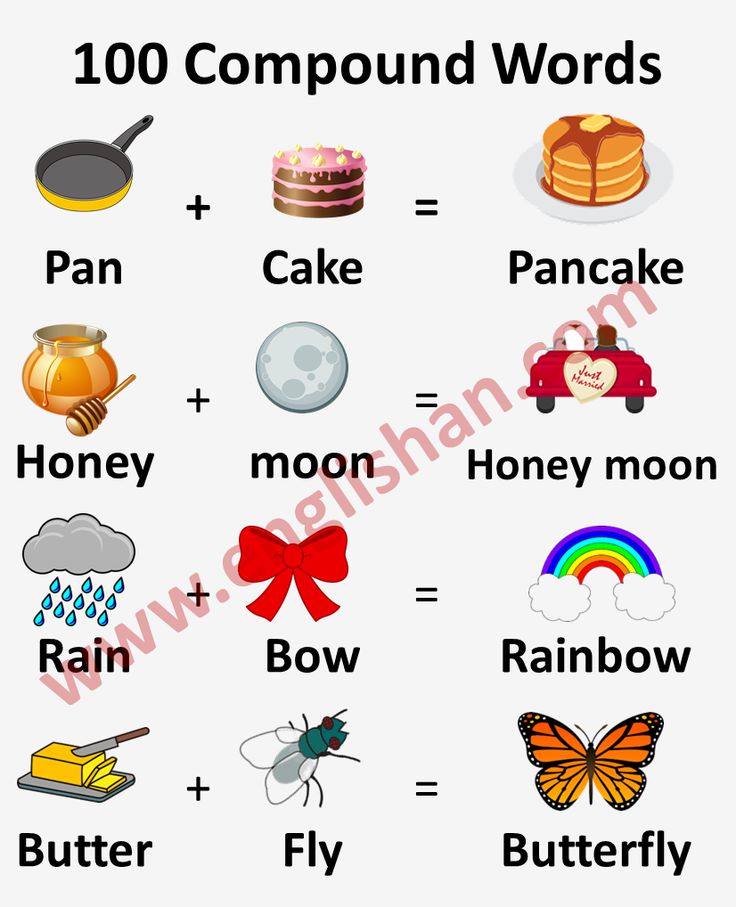 copyright1}}
copyright1}} - {{randomImageQuizHook.copyright2}}
Image credits
Try a quiz now
Word of the Day
anthropomorphic
UK
Your browser doesn't support HTML5 audio
/ˌæn.θrə.pəˈmɔː.fɪk/
US
Your browser doesn't support HTML5 audio
/ˌæn.θrə.pəˈmɔːr.fɪk/
treating animals, gods, or objects as if they are human in appearance, character, and behaviour
About this
Blog
Conflicting, positive or strongly held? Using the word ‘opinion’
Read More
New Words
chauffeur mum
More new words
has been added to list
To top
Contents
Adjectives and adverbs Easily confused words Nouns, pronouns and determiners Prepositions and particles Using English Verbs Words, sentences and clauses Adjectives and adverbs Easily confused words Nouns, pronouns and determiners Prepositions and particles Using English Verbs Words, sentences and clauses Adjectives and adverbs Easily confused words Nouns, pronouns and determiners Prepositions and particles Using English Verbs Words, sentences and clauses Adjectives and adverbs Easily confused words Nouns, pronouns and determiners Prepositions and particles Using English Verbs Words, sentences and clauses
90,000 buzzwords from Cavitation to Courtesy.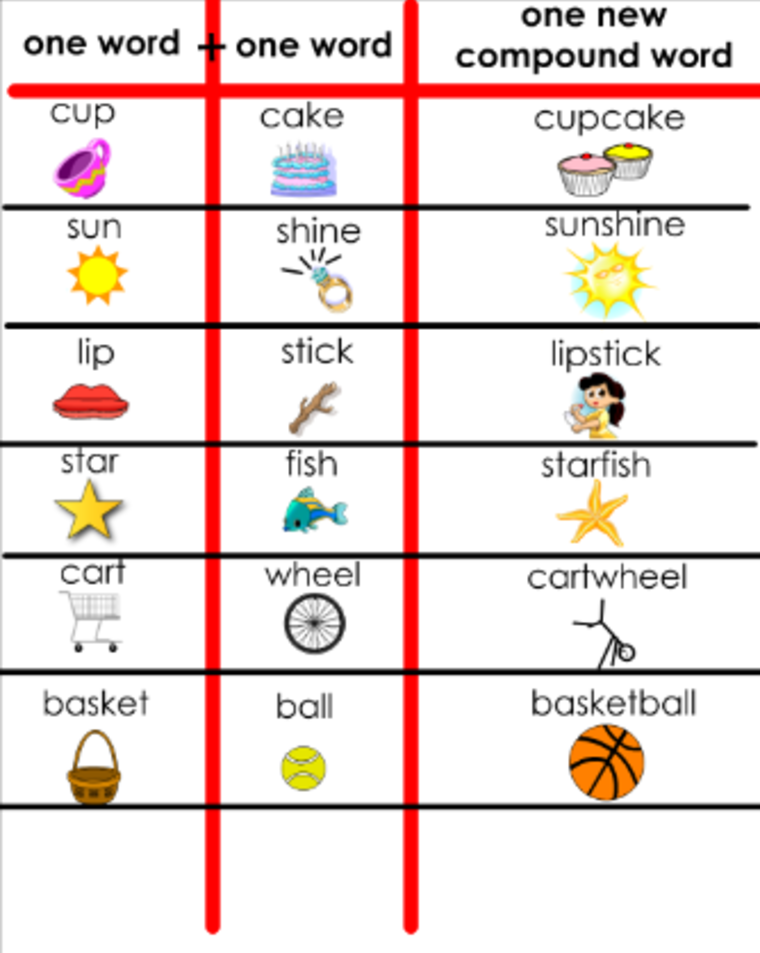 Explanatory dictionary
Explanatory dictionary cavitation
The formation of air (gas, vapor) bubbles in a liquid caused by a decrease in pressure.
Cadence
In politics: term of office of a person in an elective position; in music: final turn of a piece of music.
Casuistry
Resourcefulness in defending false, dubious positions. Bringing special cases under the general dogma. nine0003
Kalokagatiya
Harmony of external and internal qualities of a person.
The appearance of a famous person in a movie in a cameo role.
Carving
Artistic cutting, usually for vegetables and fruits. Also in hairdressing - a long-term perm.
Customization
Orientation to the consumer, following the direct needs of the buyer, in the production of goods or the provision of services. nine0003
Confusion
Mess and confusion, confusion in business.
catagelasticism
Unhealthy tendency to ridicule other people.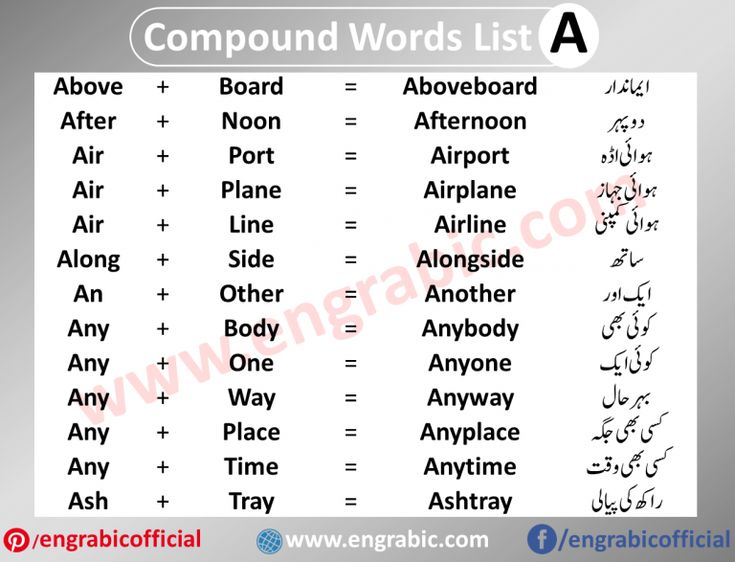
Catalepsy
A movement disorder in which the body or limbs are frozen in an assumed or given position, with loss of the ability to conscious control. It is observed during hypnosis, hysterical excitement, deep meditation, mental illness, etc. nine0003
catamite
Passive member of a homosexual pederastic couple.
Catharsis
Change of consciousness through a strong experience.
catahresis
A combination of incompatible, contradictory concepts, sometimes in a figurative sense.
Quantity
Quantitative property.
Quietism
Humility and passive indifference, simple contemplation.
Quintessence
Most importantly, the essence.
Keynesianism
An economic theory that involves state intervention in the economy, but within the framework of capitalist ideology.
Cenotaph
A commemorative empty grave, when ashes are not available for burial.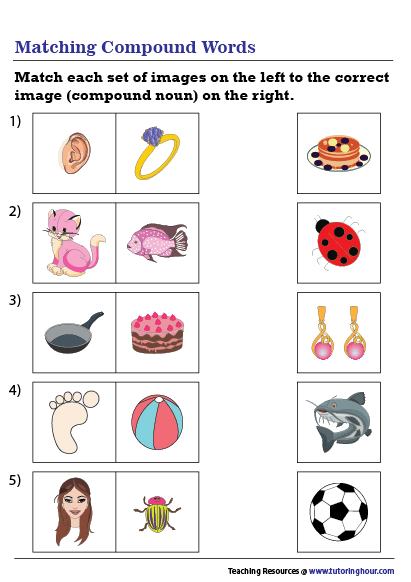
cephalometry nine0003
Measurement of the human head with anthropometric instruments for medical or other scientific purposes.
Cyberpunk
The modern genre of social and science fiction, which is characterized by the rapid development and total penetration of digital technologies, accompanied by the moral and moral decay of society and the individual. As a rule, these are gloomy dystopias that describe the near future or alternative stories of the past and present. nine0003
Kinetic
Traffic related.
slander
In a good way: like-minded person and colleague, in a bad way (more often exactly like that) – sold out, not a sincere henchman of someone's patron or some idea.
Kleptocracy
Thieves' power, crooks' power.
Clericalism
Striving to strengthen the role of the church and religion in public and political life. Accordingly, cleric - a member of a clerical party or simply an adherent of these ideas.
Clientela
A form of social dependence. In ancient Rome, the relationship between masters and their "clients".
"Boxer's hug" when boxers hug each other to restrain the opponent or just to relax. Sucker Punch.
cloaking
A method of "black", that is, not entirely honest, website promotion on the Internet. nine0003
coherence
Coupled flow of two or more oscillatory wave processes with a constant difference in their phases.
Cognitiveness
The ability of consciousness to perceive information and assimilate it.
collaborationism
Collaboration with an occupier or common enemy, enemy.
collision
Collision of opposite forces, interests, aspirations. nine0003
Collierette
Wine label attached to the base of the bottle neck.
combatant
Persons taking part in hostilities on the part of the state, members of the regular army or any other armed formations.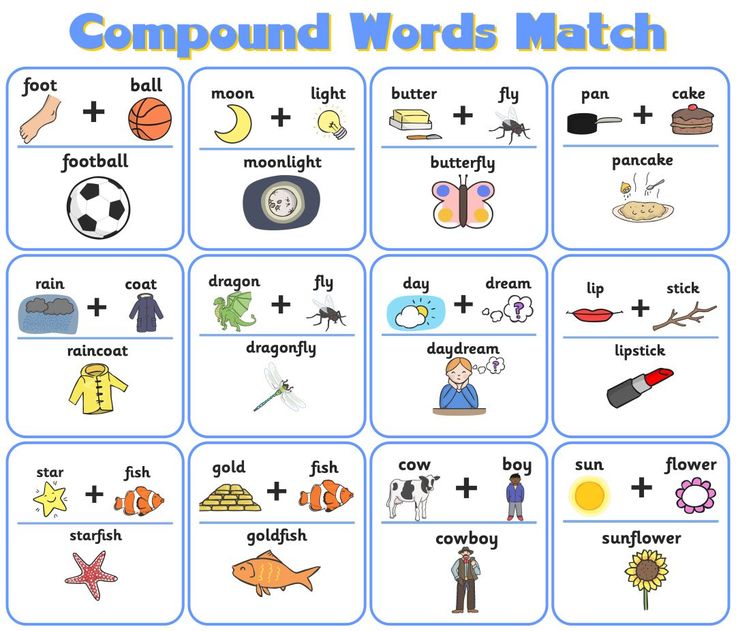
comme il faut
Something decent, in keeping with generally accepted norms.
Comorbidity
Clinical fact of a parallel disease against the background of the main and more obvious one. nine0003
Comparative studies
General name for sciences based on comparative analysis. For example, comparative linguistics.
Compendium
Brief and generalized statement of the main provisions of any research or scientific discipline.
Compliance
Following established norms in a group or community, or simply obedience.
Complot nine0003
An insidious criminal conspiracy.
Compromise
Agreement reached as a result of mutual concessions.
Compulsive
Conscious, with complete self-control. Impulsive - on the contrary, uncontrolled.
Conventionalism
"Agreement" in science, conditional acceptance of unproven facts and ignoring "inconvenient".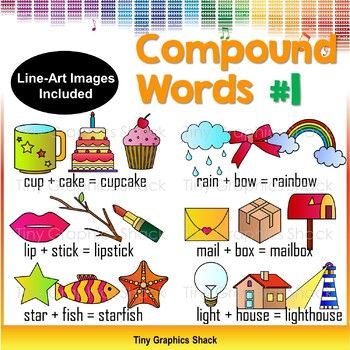
Convention nine0003
A kind of agreement that determines the behavior of the parties in some matter.
Convergence
Rapprochement and acquisition of similarity in a number of characteristics of initially different systems.
Conversion
The process and result of transferring one quality to another.
Congeniality
Similarity in spirit, similarity in the way of thinking.
Conglomeration nine0003
Connecting dissimilar objects into one whole while maintaining their original properties and features.
Congruence
Proportionality, conformity, combination.
Condominium
Joint ownership of a single object, usually real estate.
conduit
Notebook, if grandiloquently, and in pre-revolutionary Russia a gymnasium journal for recording students' misconduct. nine0003
Concatenation
Combining a number of characters into one linear structure, for example, "my" + "before" + "holes" = "moidodyr" .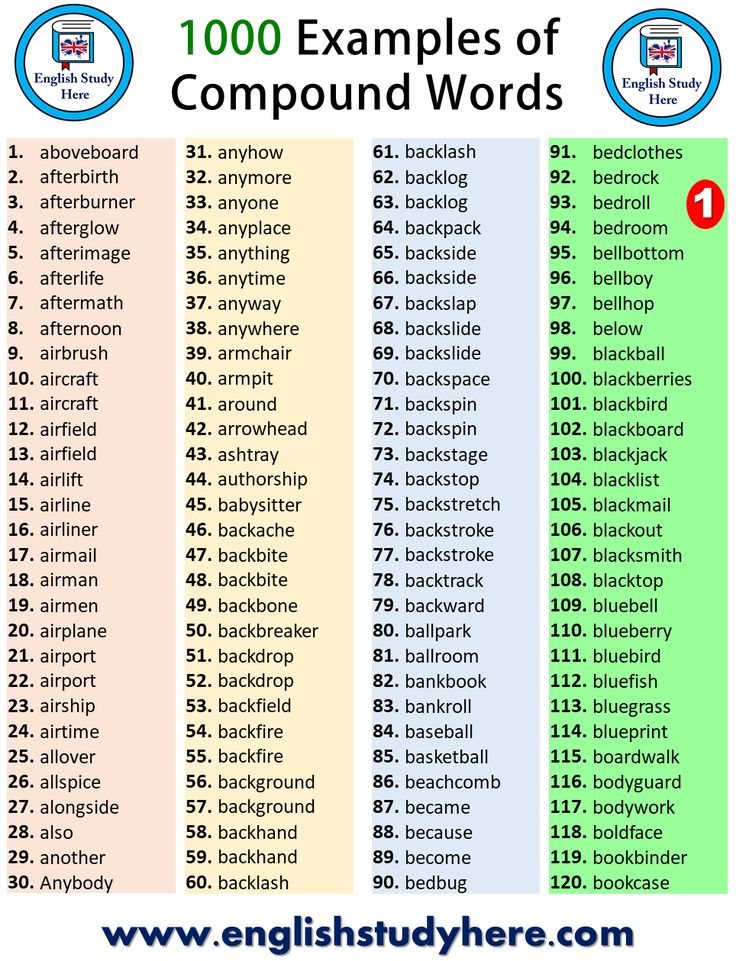
concubinage
Cohabitation outside of marriage. It was allowed by ancient Roman law, hence the word. Now it's business as usual.
Connotation
Additional meaning of something, secondary, concomitant.
Consensus
Agreement on a controversial issue, achieved as a result of convergence of positions.
Consigliere
In the mafia, not a family member, but a trusted person.
Consistency
Consistency and relationship of information data.
Consolidation
Rallying, strengthening ties to achieve common goals.
Constant
Constant value, fixed parameter. nine0003
Statement
Statement of established or undoubted fact.
Consumation (Consumerism)
Stimulating the consumption of goods or services by creating a certain environment when the client is ready to spend money thoughtlessly.
Continuity
Succession.
Continuum
Continuity of certain processes and phenomena, continuous inseparable medium, eg space and/or time.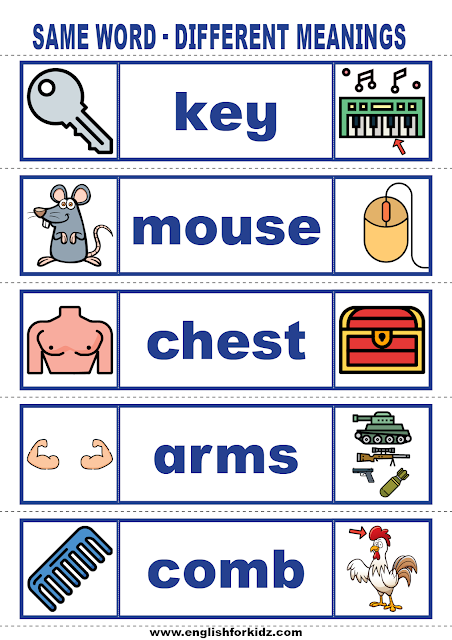 nine0003
nine0003
Counterpoint
Polyphony, a combination of two or more lines in one melody.
Contribution
Tribute from the vanquished.
Conformity
Personal assimilation of social norms and values, involuntary following the opinion of the majority.
Concession
Transfer by the state to exploitation for a certain period of natural resources or state property. Also the company itself, carrying out this activity. nine0003
Co-optation
Introduction to the elective body of new persons without by-elections (by-elections).
Copyright
Copyright, or a mark indicating this right. Russification of the English word copyright .
Copywriting
Writing advertising and commercial texts. From the English word copywriting .
Correlation nine0003
Interdependence, correlation of objects, concepts or phenomena.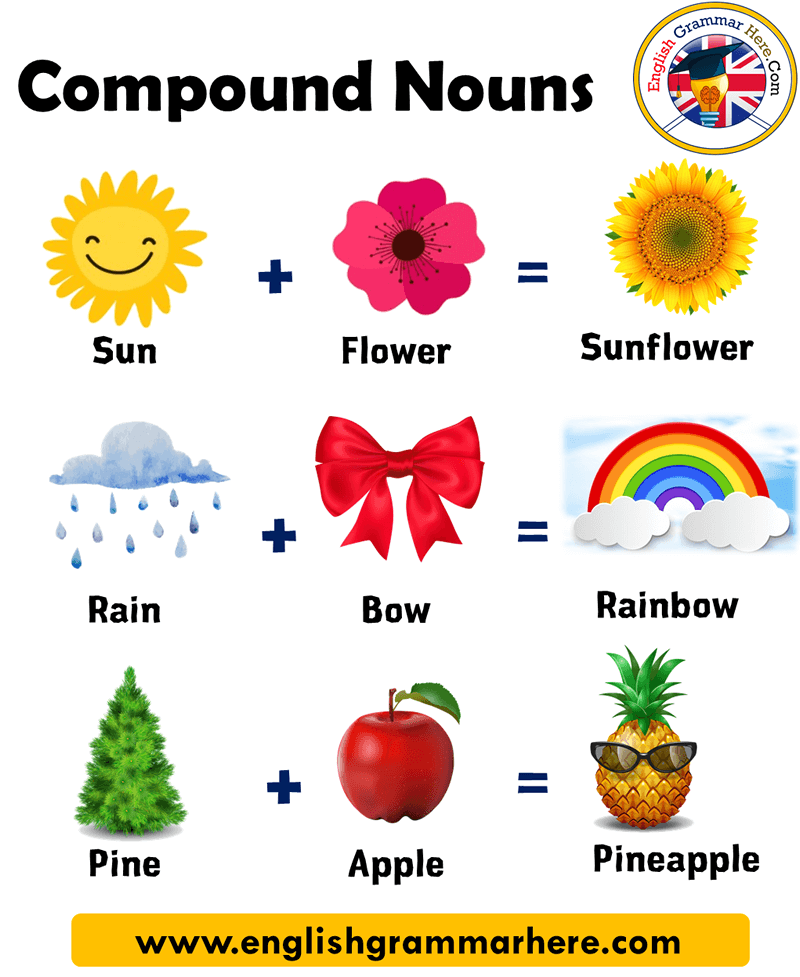 K. direct, if the signs of two interrelated objects change in the same direction, and reverse, if in different directions.
K. direct, if the signs of two interrelated objects change in the same direction, and reverse, if in different directions.
Crowdfunding
Collective participation of people in the project by voluntary pooling of their financial and other resources.
Life principles, ideological convictions.
krepatura
Muscle pain several hours later (or the next day) after unaccustomed physical activity. nine0003
cryopreservation
Freezing people (or other living beings) for long-term preservation until, for example, a cure for now fatal diseases appears or they simply figure out how to live forever. (see Thanatophobia )
cryptid
An animal or plant whose existence has not been confirmed by science. May have a mythical origin or supposed, but not yet proven. For example, a unicorn or a snowman. nine0003
Cryptology
The science of ciphers. Everything that starts with "crypto" is related to hidden meanings, secrets.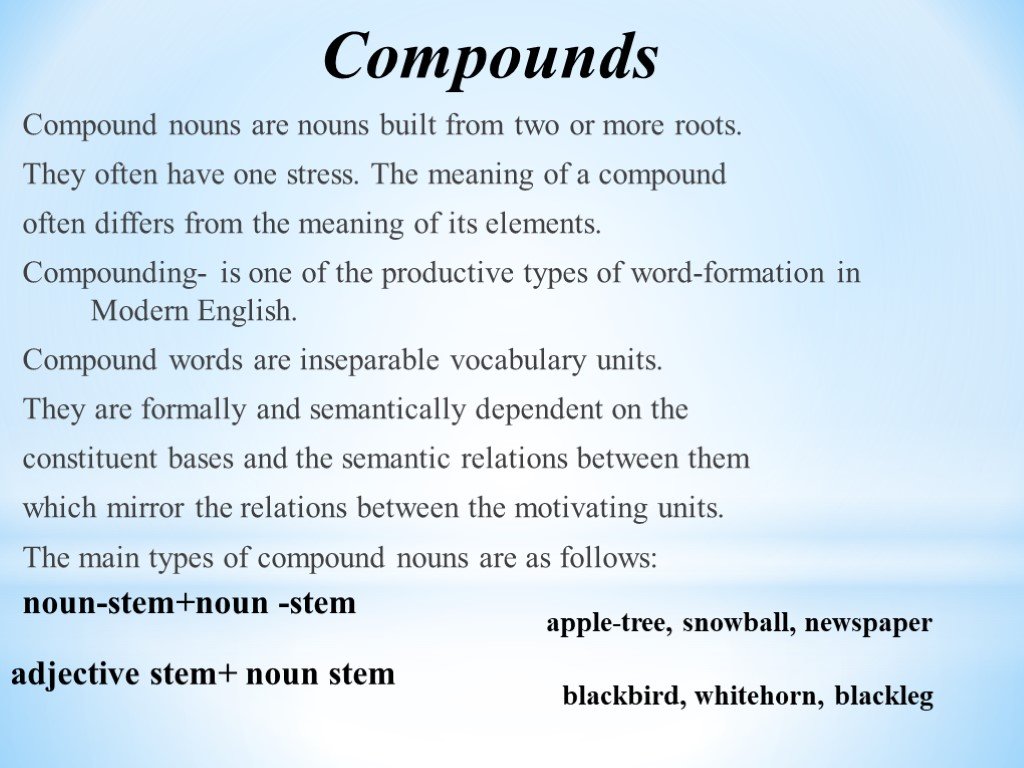
Kulturtrager
In an ironic sense, an aggressive bearer of culture, its "planter".
Kundalini
A certain energy (force) dormant at the base of the spine, which can be awakened by means of yoga.
Kunshtyuk nine0003
A trick, a joke.
Blending
Blending of different wines. Blend - wine obtained as a result of blending.
courtesy
Excessive sophistication, pompous courtesy.
buzzwords from Identification to Iteration. Explanatory dictionary
Identification
Establishment of correspondence on a number of direct and indirect signs, identification or self-identification. nine0003
Idea fix (idefix)
Some idea that has completely swallowed a person.
Idiom
Phraseologism, phraseological turn, i.e. a stable phrase that has an independent semantic meaning, not associated with each of its constituent words. For example, "rest against the horn", "grated kalach" , etc.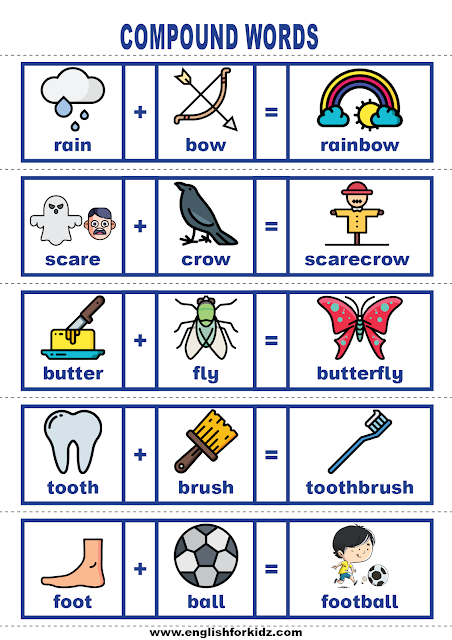
Idiosyncrasy
Hypersensitivity to certain substances or phenomena. nine0003
Immanent
Inherent in an object or phenomenon as a natural internal property. The opposite is transcendental (i.e. incomprehensible, divine).
Immersion
Immersion in liquid, as well as optical reception, when a drop of liquid is added between the microscope objective and the object in question to increase brightness and expand the boundaries of image magnification.
Impedance nine0003
Complex resistance to harmonic vibrations: electromagnetic, acoustic or mechanical.
Imperative
A command, an urgent demand, an authoritative pressure. Also the imperative mood of the verb ( "do" ).
Implementation
Fulfillment of international obligations at the domestic level.
Implicit
Something unobvious, hidden somewhere inside. For example, implicit memory is the possession of some knowledge, obtained in an unconscious way, indescribable in words, but understandable in sensations.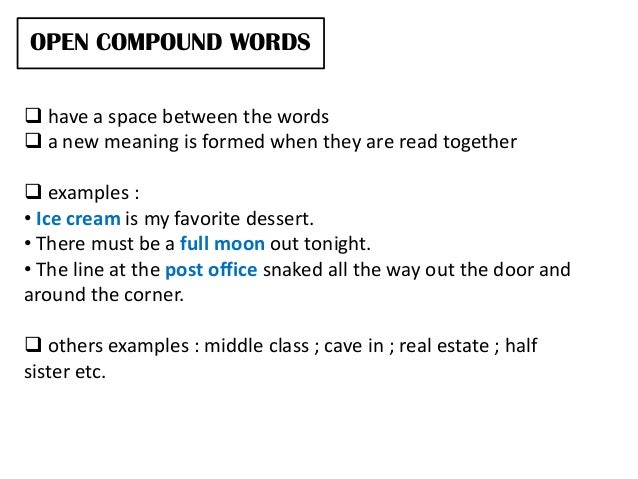
impress
Make a positive impression, inspire respect, please.
Imprinting
Fixing in memory a sequence of actions under some specific circumstances. Rituality and formal adherence to established or once learned norms. nine0003
Impulsiveness
Involuntary actions caused by an impulse, impulsive - not realizing.
Inbreeding
Crossing of closely related organisms (siblings) to obtain new breeds and varieties.
Invasion
Infection of the body with animal parasites, worms or insects, eg.
Invective nine0003
An angry, even insulting, speech addressed to someone.
Inhibitor
A substance that slows down the rate of chemical reactions or completely suppresses them.
indifference
Indifference, indifference.
indoctrination
Distribution up to the imposition of certain political or religious ideas (doctrines) in society.
Indulgence nine0003
Catholic absolution for money.
Ingenue
The role of an actress who plays innocent and naive girls.
Initiation
An initiatory rite, in a broader sense, an event or an event that transfers a person to a different state, usually a higher one.
Encapsulation
Creation of a shell (capsule) around an object or group of objects for the purpose of protection or blocking. nine0003
Incorporation
Inclusion in your membership, connection to your processes.
Incubus (Incubus)
A mythological evil spirit in a male form that comes to women in erotic dreams. The appearance is fraught with trouble.
incurability
Incurable.
insider
A person who, by virtue of his position, has access to confidential information about the affairs of the firm. nine0003
insight
An enlightened state in which revelations and new knowledge are attainable.
insignia
Sign of supreme power: scepter, diadem, throne, etc.
Insinuation
Malicious slanderous fiction.
Inspiration
Motivation, motivation or inspiration. Consonant and close in meaning to inspiration. In a more specific case and . is inhalation, while expiration is exhalation, and respiration is the process of breathing.
inspiration
Influential influence, motivating suggestion.
Insurgent
Rebel.
intention
Purpose, intention. Or in a broader sense, the focus of consciousness, will, feelings on something specific.
interactivity nine0003
The ability of the information environment to interact with the recipient of information, to respond to his actions.
Interiorization
Movement from the outside inward, in psychology - the formation of personality through the assimilation of external factors, social norms, etc.


